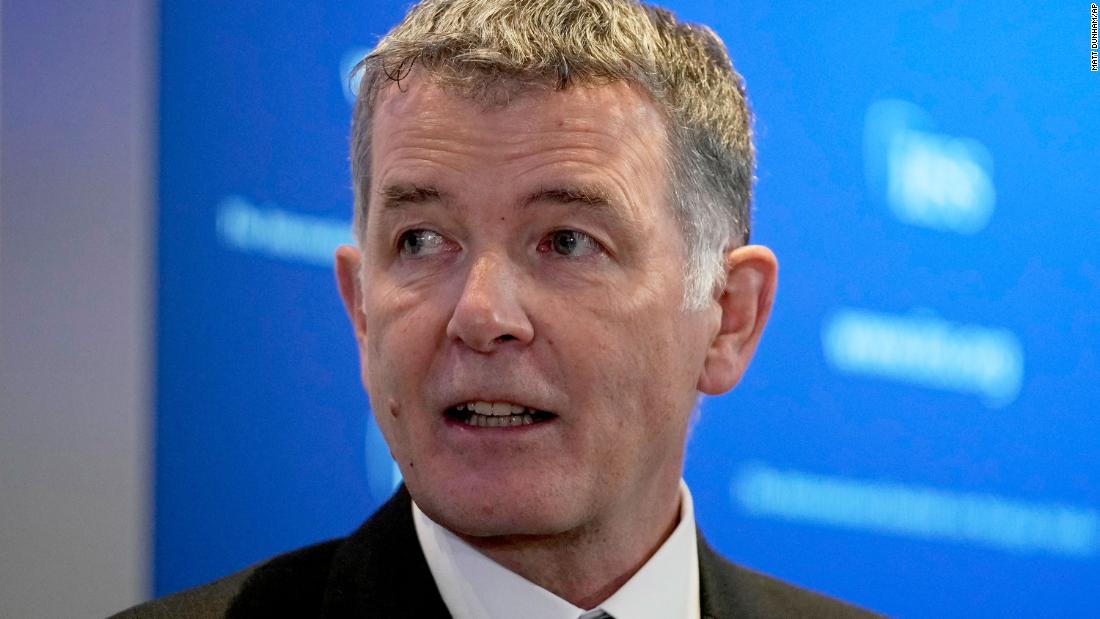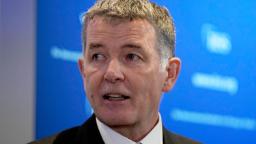

“I don’t think the Supreme Leader of Iran wants to cut a deal,” Richard Moore, the head of MI6, told CNN’s Jim Sciutto during an interview at the Aspen Security Forum, adding that he is “skeptical” of the Supreme Leader’s motives. “I think the deal absolutely is on the table and the European powers and the and the administration here are very, very clear on that and I don’t think that the Chinese and Russians on this issue would block it. But I don’t think the Iranians want it.”
On Friday, a senior US official suggested there’s still a chance the deal can be salvaged.
Undersecretary of State for Political Affairs Victoria Nuland suggested that Tehran is still interested in reaching an agreement, noting that “they haven’t thrown over the table yet” and “they haven’t walked away when they could have done that over these many months where the deal has been ready and sitting there.”
Nuland said it is up to Iran — and ultimately, Khamenei — to agree to the deal that has been on the table.
“It would get their oil back on the market. It would get them some relief from some of the sanctions that have come on. But for so far, they haven’t choose chosen to go in that route,” she told Sciutto at the Aspen Security Forum on Friday.
Nuland said that if Khamenei “doesn’t take the deal, we’re going have to increase the pressure, of course.” She did not go into specifics of what that pressure would entail.
Robert Malley, US Special Envoy for Iran, on Tuesday echoed Biden’s sentiments and said the likelihood of reviving the 2015 Joint Comprehensive Plan of Action “diminishes by the day.” He also said there is no deadline being set in which Tehran must come back into compliance with the nuclear agreement but that the window is “closing quite rapidly,” and “at some point, I think it it’ll become obvious to everyone that the deal is no longer available.”
CNN’s Kylie Atwood, Claire Calzonetti and Emmet Lyons contributed to this report.
